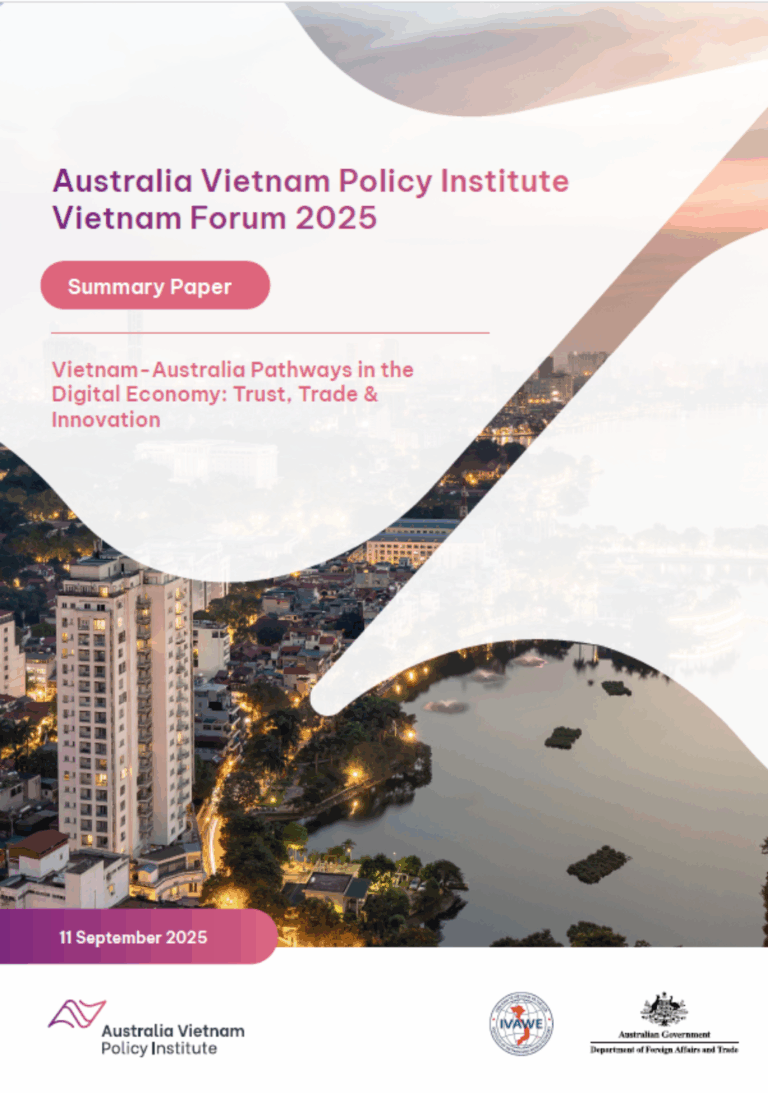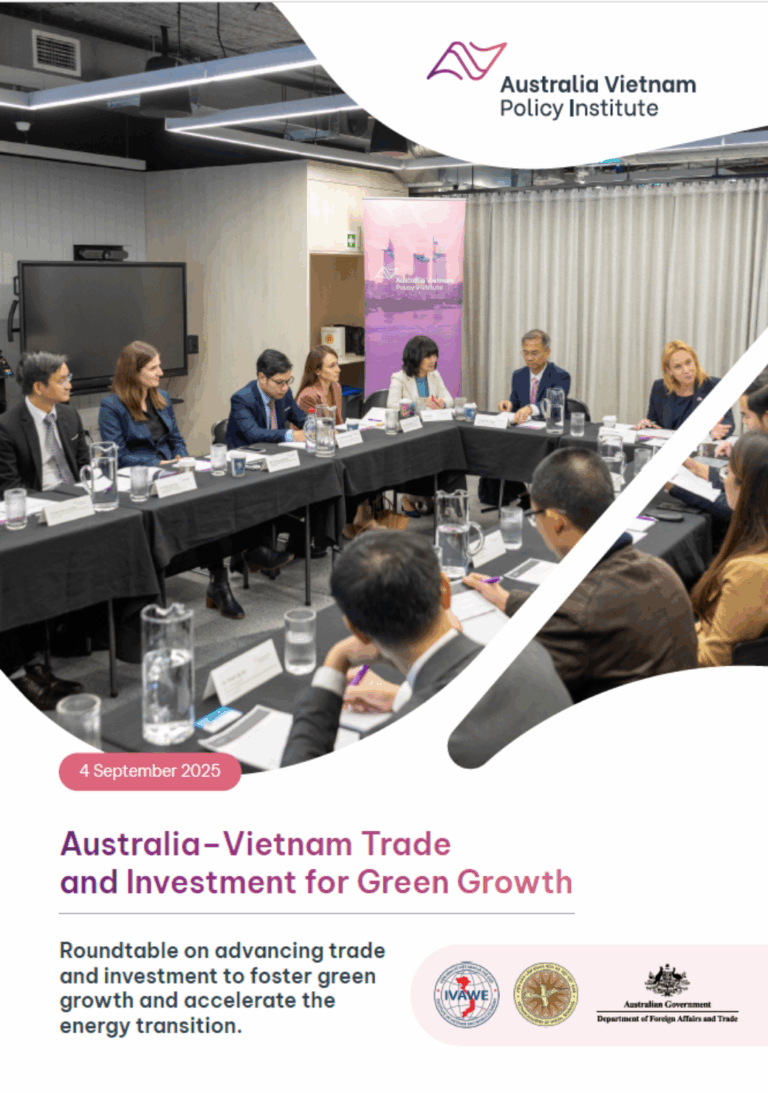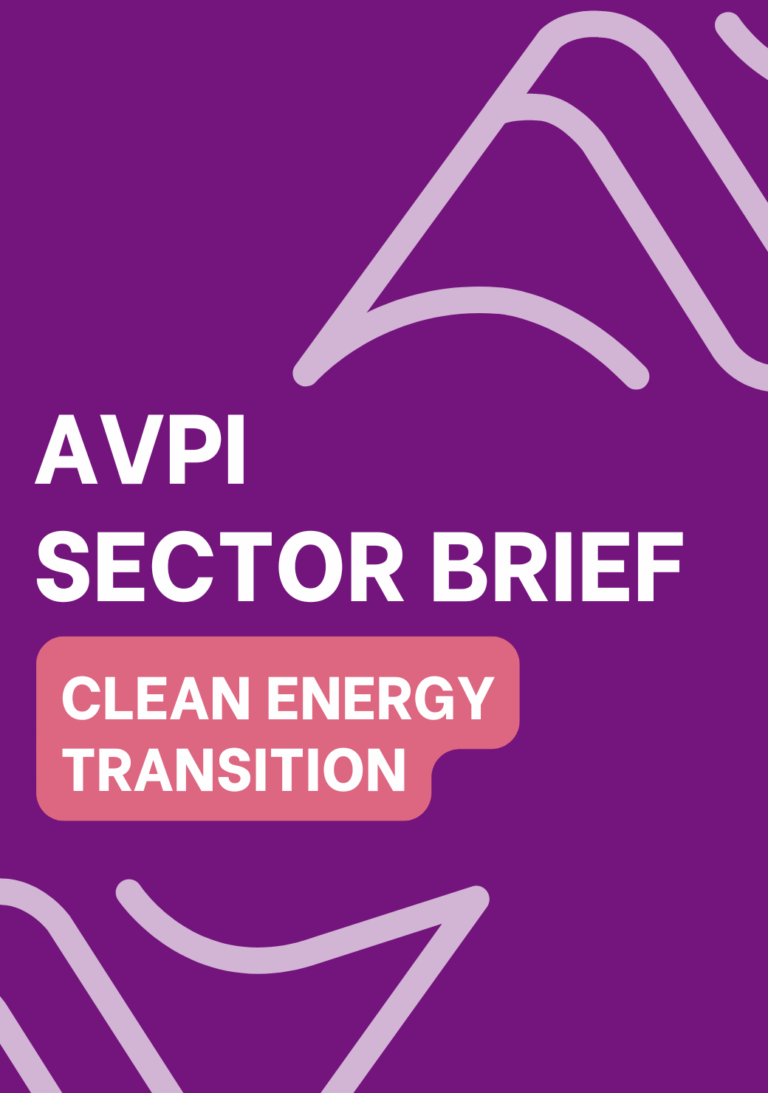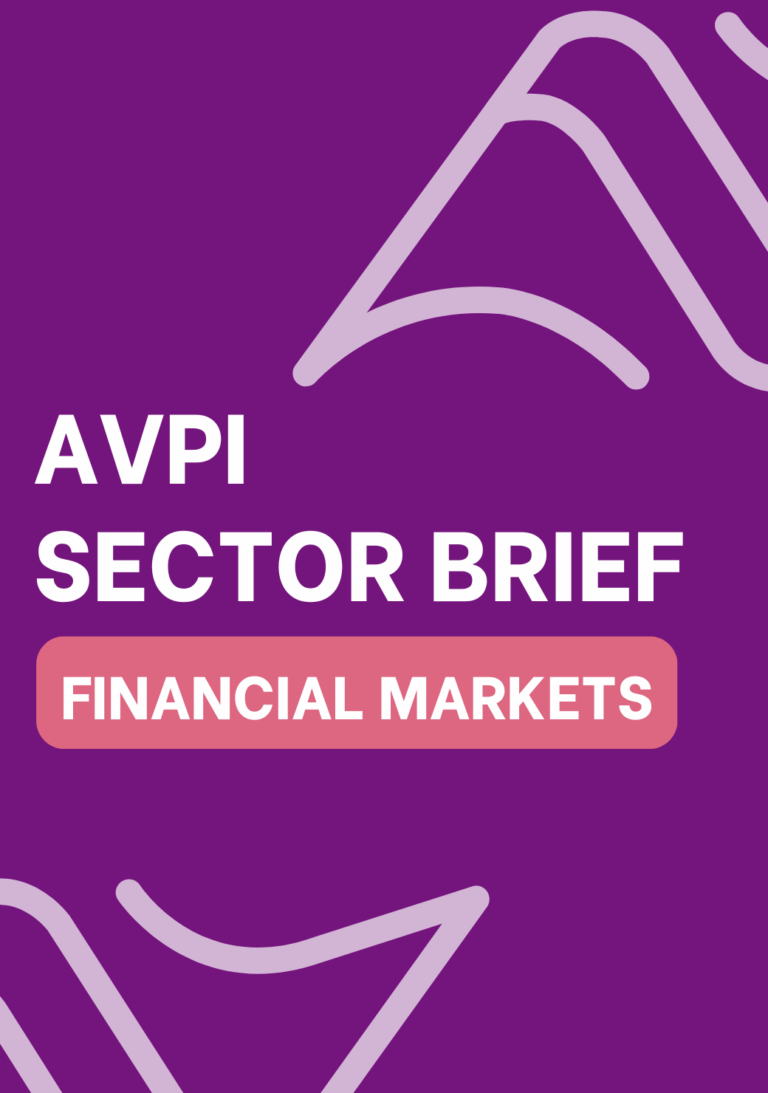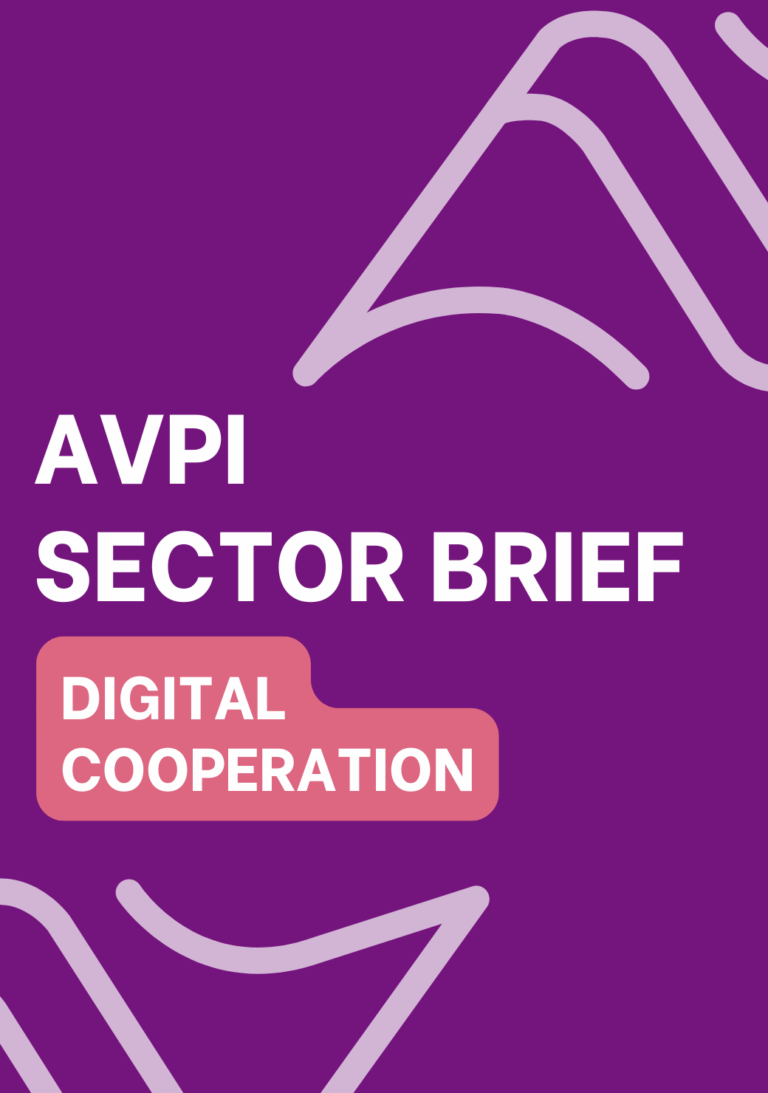Learning Vietnamese, and indeed Asian languages more broadly, has been in a death spiral in Australia for almost two decades. This trend undermines our Asia literacy at a time when the strategic and geo-political importance of Asia has only intensified.
Language is not merely a transaction of words; it embodies the nuances of societies and cultures. It is critical for accurate and effective communication between individuals, groups and countries. With Australia’s increasing movement towards Vietnam as a strategic partner, success will depend on our capacity to work interculturally, through a solid grasp of the complexities of Vietnam’s history and its various cultures.
Multilingualism has enormous benefits for all Australians. Among Australians with Vietnamese heritage (hereinafter, the Australian Vietnamese community), the benefits include enhanced academic and cognitive functioning, improved social and cultural understanding, enhanced self-esteem and self-identity, and more cohesive family relationships. The promotion of Vietnamese language use among second and third generations of families helps to build communities and a talent pool for a successful bilateral partnership.
Despite the advantages of multilingualism, Vietnamese – and other migrant languages – tend to degrade with second and third migrant generations. The Australian Vietnamese community comprises 1.2 percent of our population, and Vietnamese is among the top four spoken languages other than English (LOTE). While individual and family efforts to maintain Vietnamese language capabilities are observed, there are limitations on its effectiveness. The children of Vietnamese immigrants (along with non-Vietnamese Australians) are unlikely to have mastered the sophisticated skills in speaking, reading and writing needed for cross-generational communication, cultural and identity maintenance, as well as for the progression of Australia’s geo-political aims.
The promotion of learning Vietnamese as a foreign language also helps to raise public interest in Australia about the importance of Vietnam as a strategic partner in relation to business and investment, agriculture and food manufacturing, and education and training, as examples.
The Australian Labor Party’s 2022 Federal election campaign includes a commitment to give community language schools grants of up to $30,000 over three years if it forms the next government and Vietnamese community language schools should be well positioned to benefit from this funding boost. While this is a welcome commitment, what is also needed is:
- More bilingual schools such as dual language immersion where the standard curriculum is taught in both Vietnamese (50%) and English (50%). This brings language learning out of the Saturday community language schools – usually 3-hours a week – and into the mainstream. For example, see this elementary school in California.
- Funding support for language learning from beginner to advanced levels among early and mid-career professionals to foster intercultural awareness.
Shared language creates bonds; language matters.
Language capability is important because it brings social capital through which strong relationships are forged in order to unlock greater economic opportunities. Vietnamese language is not only useful for building enduring relationships between Australia and Vietnam, but also with Vietnamese diaspora communities worldwide.
Crucially, language learning is not a separate exercise from learning about Vietnam’s history and cultures. Indeed, with Industry 5.0 upon us we must grapple with what it really means to develop people-to-people links and achieve greater human-centricity, sustainability and resilience to complement and go beyond the ‘techno-economic’ vision of Industry 4.0. Vietnamese language and culture capability will build depth and longevity into the bilateral relationship, complementing and propelling enhanced economic engagement (see the recently released Australia-Vietnam Enhanced Economic Engagement Strategy (AVEEES)).
For Australia to be a partner of choice for Vietnam, it should not take its geographic proximity for granted. With jurisdictions further afield such as Canada, France, the United Kingdom and the United States investing in Vietnamese dual language schools, factors such as the ease of doing business in Vietnamese should not be underestimated. More importantly, competition creates a sense of urgency to invest in bilingualism much like the Global California 2030 agenda which sees multilingualism as core to maintaining its position as an economic and cultural powerhouse.
A launchpad for greater investment in Vietnamese language education
The 50th anniversary of Australia-Vietnam diplomatic relations in 2023 comes with anticipation of upgrading the bilateral relationship to a Comprehensive Strategic Partnership (CSP). A successful bilateral partnership requires reciprocity and an understanding of language and culture. The momentum in the Australia-Vietnam relationship and the likelihood of a Comprehensive Strategic Partnership is a unique launchpad for greater investment in Vietnamese language education in Australia.
For Australia to harness the advantage of its cultural and linguistic diversity, government and community-level interventions are needed to support an ecosystem which practically and visibly supports and values Vietnamese language study. We, the authors, propose that the Australian state and federal governments seize the current momentum to enhance the bilateral relationship through a range of approaches:
Recommendations:
- Develop clear multilingual strategies with measurable goals (see Global California 2030, as an example)
- Increased government and business financial investment in and incentives for Vietnamese language learning as part of an Australia-Vietnam Comprehensive Strategic Partnership agreement.
- Enabling and encouraging Vietnamese language training (and relevant teacher training) for pre-school, primary, secondary and post-secondary education.
- Expanded federal and state government scholarships to undertake intensive language study at nominated universities or institutions in Vietnam, for example, including Vietnam in the Victorian government’s Hamer scholarships in addition to China, Indonesia, Japan and Korea.
- Short courses to aid Australian business leaders’ interest in and capacity for undertaking business in Vietnam, in conjunction with other government support services.
- Developing programs to raise awareness of the importance of home language maintenance and support for raising children bilingually.
- Reforming national language policy for a greater focus on community language education in formal education systems.
Melissa Jardine, PhD. is the Chair, Board of Directors at the Australia Vietnam Leadership Dialogue (AVLD) and a Visiting Fellow at the Australia Vietnam Policy Institute (AVPI). Van Tran, PhD. is an Adjunct Research Fellow at Charles Sturt University. The views, thoughts, and opinions expressed in the text are the author’s and co-author’s own and do not necessarily reflect the position or views of the AVPI or its partners.
If you are interested in becoming an AVPI Visiting Fellow, please email [email protected] or express your interest via the AVPI Contact Form.









